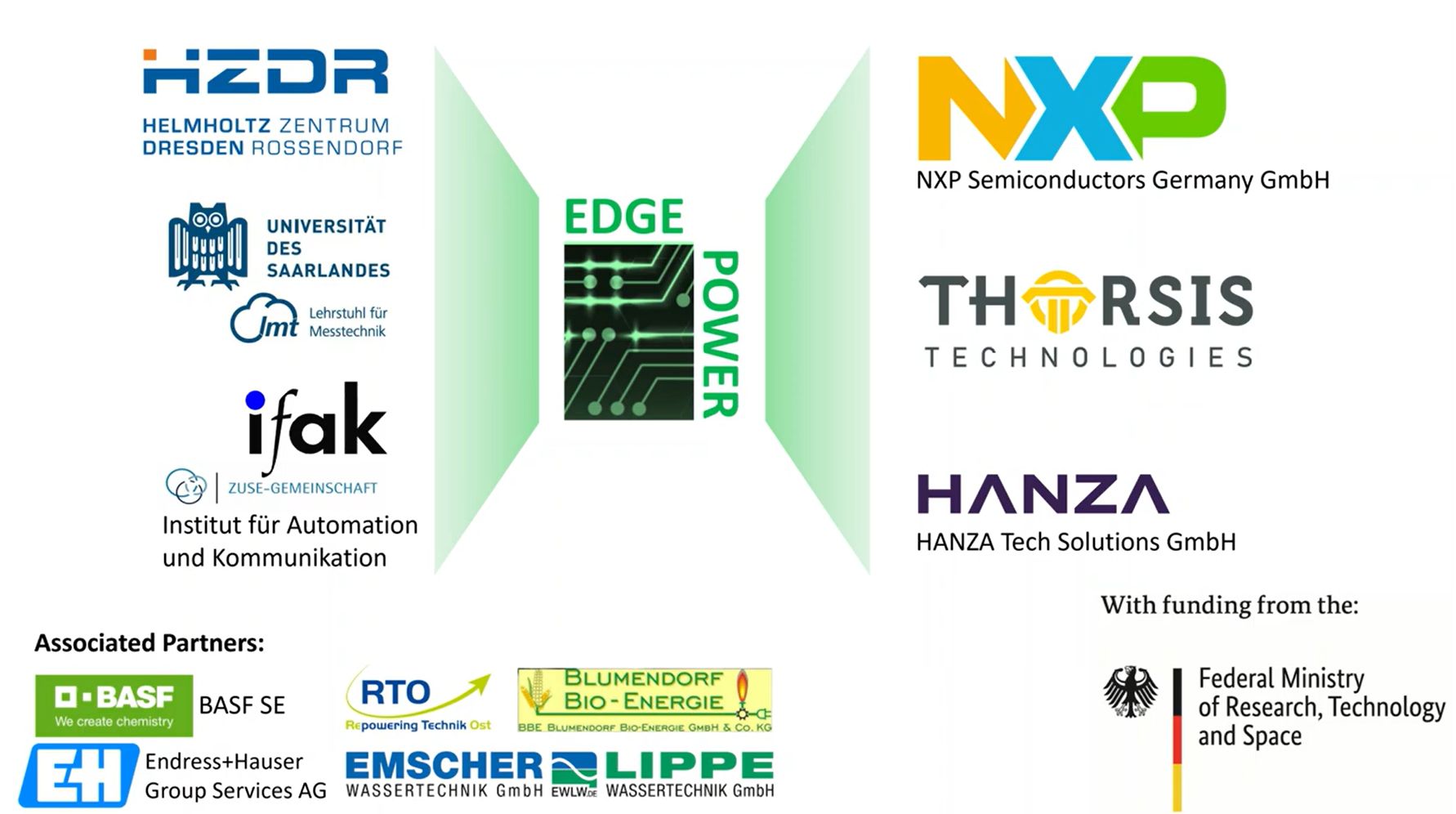
Auf der Fachkonferenz „Edge-Computing 2025: Von der Forschung zur Anwendung“ präsentierte das Edge-Power Konsortium seine gemeinsam erzielten Projektergebnisse. Diese Video-Präsentation ist auch öffentlich verfügbar bei Youtube.
Der Beitrag des Lehrstuhls für Messtechnik waren interpretierbare und energieeffiziente ML-Algorithmen, wobei unser FESC/R (Feature Extraction, Selection and Classification/Regression) Ansatz als tiefe neuronale Netzwerke repräsentiert wurde, um besonders effizient auf AI-Beschleunigern ausgeführt zu werden (im Video dargestellt ab Minute 10:00). Wir danken allen Partnern für die hervorragende Zusammenarbeit.
At the conference “Edge Computing 2025: From Research to Application,” the Edge-Power Consortium presented its joint project results. This video presentation is also publicly available on YouTube.
The Chair of Measurement Technology contributed interpretable and energy-efficient machine learning algorithms, with our FESC/R (Feature Extraction, Selection and Classification/Regression) approach represented as deep neural networks for particularly efficient execution on AI accelerators (presented in the video starting at 10:00). We thank all partners for the excellent collaboration over the course of this project.
Weitere Veröffentlichungen aus dem Edge-Power Projekt / further publications from the Edge-Power project:
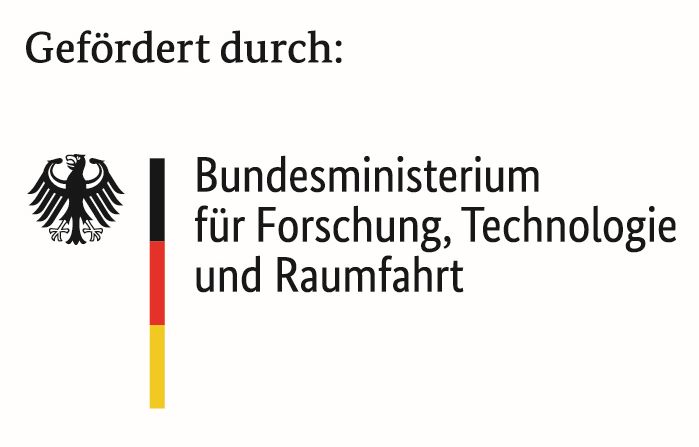 Das Projekt Edge-Power wurde gefördert vom Bundesministerium für Forschung, Technologie und Raumfahrt (BMFTR) in der Fördermaßnahme „Elektroniksysteme für vertrauenswürdige und energieeffiziente dezentrale Datenverarbeitung im Edge-Computing (OCTOPUS)“.
Das Projekt Edge-Power wurde gefördert vom Bundesministerium für Forschung, Technologie und Raumfahrt (BMFTR) in der Fördermaßnahme „Elektroniksysteme für vertrauenswürdige und energieeffiziente dezentrale Datenverarbeitung im Edge-Computing (OCTOPUS)“.
The Edge-Power project was funded by the Federal Ministry for Research, Technology and Space (BMFTR) in the funding measure “Electronic systems for trustworthy and energy-efficient decentralized data processing in edge computing (OCTOPUS)”.
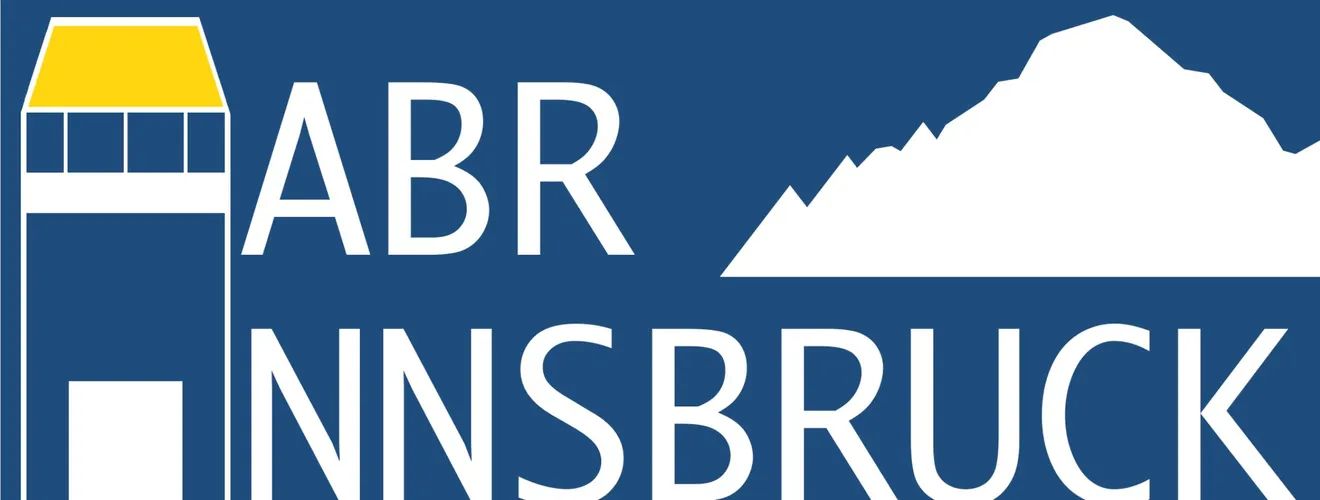
LMT will present two contributions at the Breath Summit:
C. Bur, W. Reimringer, T. Maus, F. Maurer, S. Kreuer:
Simultaneous Analysis of Breath Condensate and Exhaled Breath in an Isolated Porcine Lung Model
Oral presentation, session "inorganics and non-volatiles", Wednesday, September 17, 10.05
C. Bur, M. Stopp, K. Lorenz, N. Nourkami-Tutdibi, M. Zemlin, S. Goedicke-Fritz:
Monitoring the Atmosphere of Neonatal Incubators by Metal Oxide Semiconductor Gas Sensors
Poster presentation
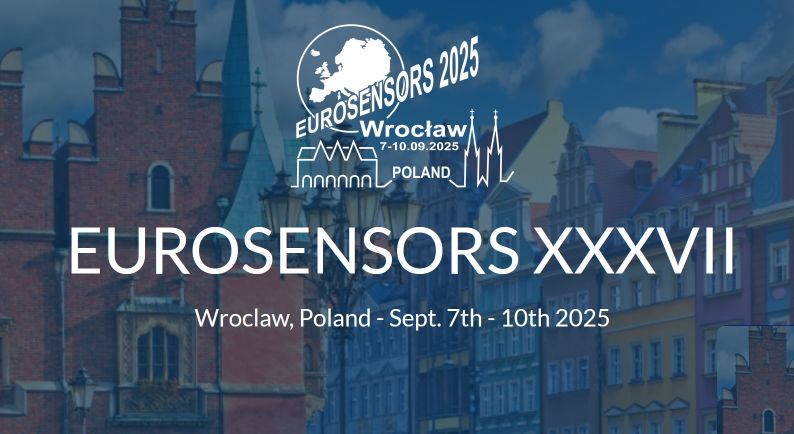
LMT will present two contributions at EUROSENSORS 2025:
Sebastian Pültz, Christian Bur, Andreas Schütze:
Bayesian Inference for Reliable Gas Sensing with Metal-Oxide Sensors
Poster presentation MP2, poster session I, Monday, September 8
Hamza Ali Imran, Oliver Brieger, Christian Bur, Andreas Schütze:
Optimizing AC Excitation Frequency for Linear Complex Impedance Response in Metal Oxide Semiconductor Gas Sensing
Poster presentation TP21, poster session II, Tuesday, September 9
(Results from the MSCA project SERENADE)
Food production and distribution is a huge sector, with significant environmental impact. The EU is prioritising green and circular solutions across the entire food supply chain. Funded by the Marie Skłodowska-Curie Actions programme, the SERENADE project focuses on the end of the food supply chain, developing solutions that target food waste at households, supermarkets and retailers.

Project work spans three pillars, namely food, sensors and materials technologies. It will produce two innovations: a smart, sustainable, sensor-based food container to monitor food freshness; and a handheld food spoilage AI-based analyser to assess freshness of unpackaged products.
The position of DC4 within the project will work on the latter task: a handheld sensor system for assessing food spoilage comprised of a miniaturized GC with a MOS sensor as highly sensitive detector. Applications are requested until May 31, the official recruitment offer can be found here: https://euraxess.ec.europa.eu/jobs/342508
The successful PhD candidate is expected to start as early as possible and will be co-supervised by USAAR-LMT and JLM Innovation GmbH, Tübingen, as industrial partner.
For any questions concerning the position, please contact Prof. Andreas Schütze or Dr. Christian Bur.
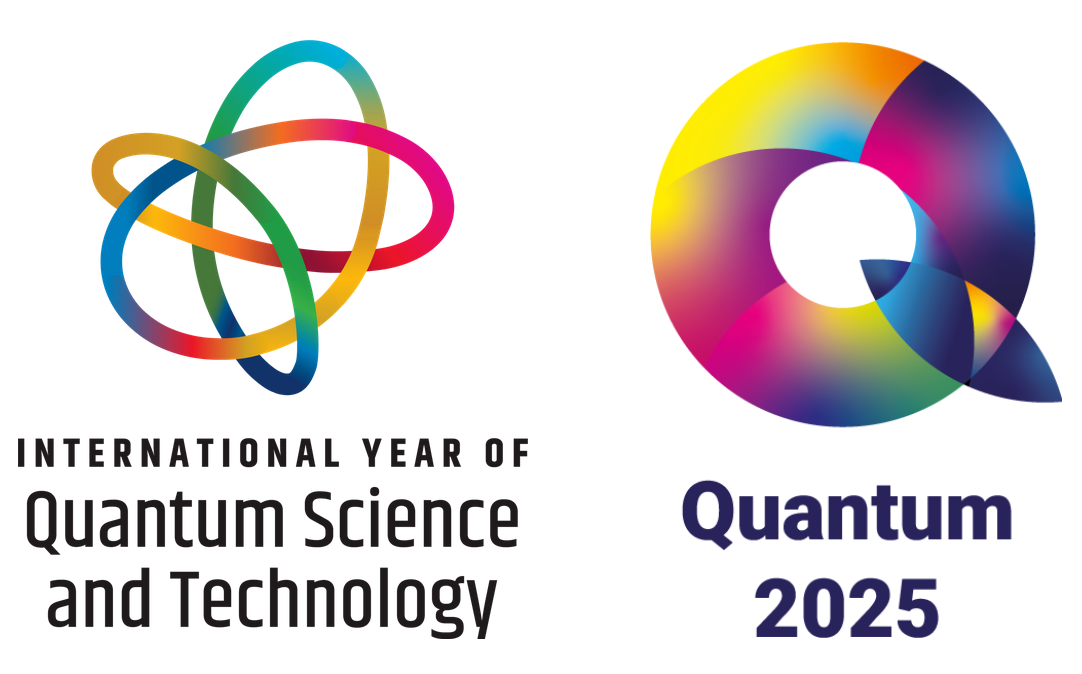 Die Formulierung der Quantenmechanik im Jahr 1925 hat eine bleibende Grundlage für unser physikalisches Verständnis der Natur gelegt. 100 Jahre später, im Jahr 2025, wirkt sich die Quantenmechanik auf alle Bereiche unserer Kultur, Wissenschaft, Technologie und Kunst aus.
Die Formulierung der Quantenmechanik im Jahr 1925 hat eine bleibende Grundlage für unser physikalisches Verständnis der Natur gelegt. 100 Jahre später, im Jahr 2025, wirkt sich die Quantenmechanik auf alle Bereiche unserer Kultur, Wissenschaft, Technologie und Kunst aus.
Auf Initiative einer Gruppe von Staaten mit Unterstützung der Deutschen Physikalischen Gesellschaft (DPG) und ihren internationalen Schwestergesellschaften haben die Vereinten Nationen das Jahr 2025 zum Internationalen Jahr der Quantenwissenschaft und -technologie (IYQ) ausgerufen. Für die Umsetzung in Deutschland übernimmt die Deutsche Physikalische Gesellschaft die Federführung. Unter dem Motto „Quantum2025 – 100 Jahre sind erst der Anfang…“ finden verschiedenste Veranstaltungen und Aktivitäten statt, aber auch Mitmachen ist wärmstens erwünscht.
Die Fachrichtungen Physik, Mathematik, Informatik und Systems Engineering der Universität des Saarlandes haben gemeinsam mit den angesiedelten Max-Planck-Instituten für Informatik und dem Deutschen Forschungszentrum für Künstliche Intelligenz (DFKI) ein deutschlandweit einzigartiges interdisziplinäres Zentrum für Quantenwissenschaft und Quantentechnologie etabliert. Leitende Rollen in nationalen und internationalen Forschungsverbünden, eine enge Kollaboration mit dem Forschungszentrum Jülich, sowie die aktuelle Leitung des Fachverbandes Quantenoptik und Photonik der DPG bestärken dieses Profil. Zugleich werden Studierende in den interdisziplinären Bachelor- und Masterstudiengängen Quantum Engineering und Quantum Information für diese zukunftsträchtigen Bereiche ausgebildet.
The formulation of quantum mechanics in 1925 laid a lasting foundation for our physical understanding of nature. 100 years later, in 2025, quantum mechanics will impact all areas of our culture, science, technology, and art.
At the initiative of a group of states with the support of the German Physical Society (DPG) and its international sister societies, the United Nations has declared 2025 the International Year of Quantum Science and Technology (IYQ). The German Physical Society is leading the implementation in Germany. Under the motto "Quantum2025 – 100 years are just the beginning...", a variety of events and activities will take place, but participation is also warmly encouraged.
The Departments of Physics, Mathematics, Computer Science, and Systems Engineering at Saarland University, together with the Max Planck Institutes for Informatics and the German Research Center for Artificial Intelligence (DFKI), have established an interdisciplinary center for quantum science and quantum technology (website in German) that is unique in Germany. Leading roles in national and international research networks, close collaboration with the Jülich Research Center, and the current leadership of the Quantum Optics and Photonics Association of the German Research Society (DPG) reinforce this profile. At the same time, students are trained for these promising fields in the interdisciplinary bachelor's and master's programs in Quantum Engineering and Quantum Information.